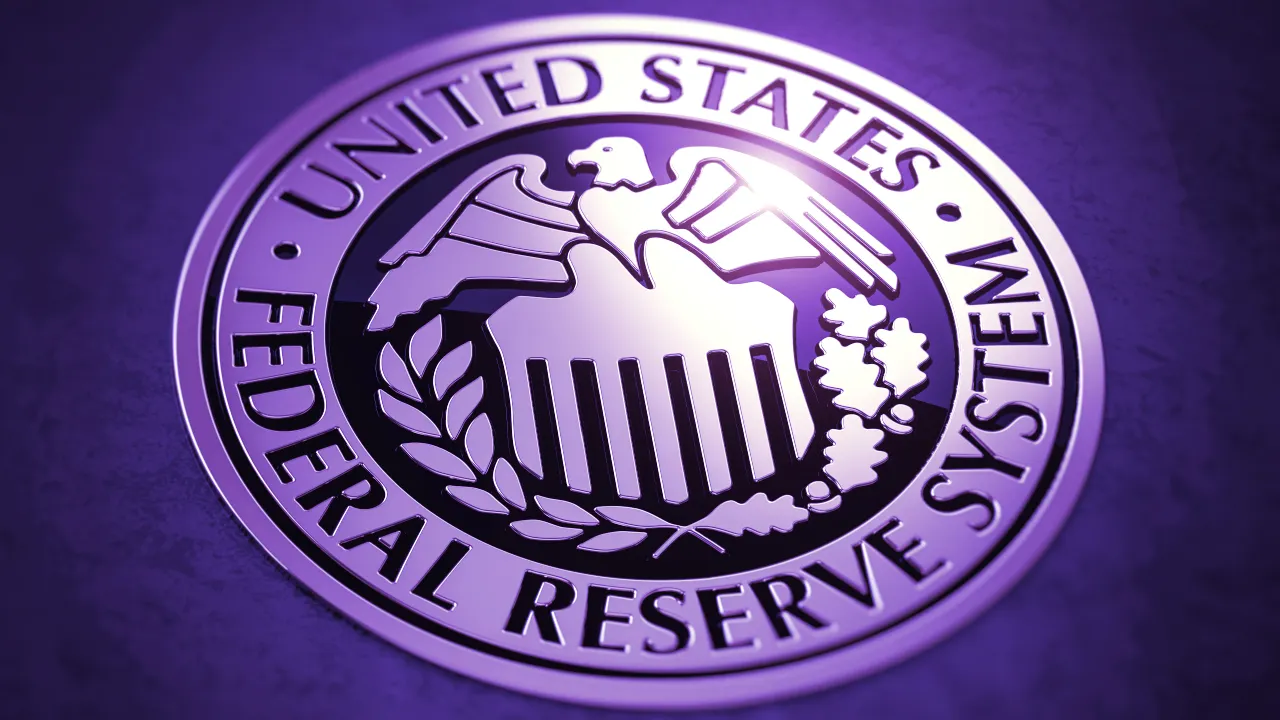The U.S. appears to be stalling on developing a central bank digital currency, with policymakers at the Federal Reserve discussing the technology but not revealing whether they’ve made any progress on the matter.
At a Tuesday conference on the international role of the dollar, economic advisers and Fed bigwigs discussed digital assets and whether a CBDC could benefit the U.S.
According to a statement from the Fed, the “panelists generally agreed that technology by itself would not lead to drastic changes in the global currency ecosystem.”
A CBDC is a digital version of a state’s fiat currency—like the British pound or the euro—backed by a central bank. Such assets are centralized, unlike cryptocurrencies such as Bitcoin and Ethereum.
Several other countries are researching the utility of CBDCs, and China appears to be well ahead of the game with its digital renminbi: The country released a digital wallet for citizens in January.
The idea is that countries could go cashless while also enhancing security and expediting payments. But the central bank of the world’s biggest economy has repeatedly said it’s just researching a digital dollar—and today’s conference confirmed that there was no hurry to release one.
Bank of America in January said a digital dollar could help preserve its status as the world’s reserve currency. But panelists at today’s conference saw no reason to push ahead despite potential benefits.
“Panelists did not express material threats to the international roles of the dollar arising from digital assets in the short run,” the Fed’s statement said, “and suggested that digital assets could actually reinforce these roles over the medium run if new sets of services structured around these assets are linked to the dollar.”

